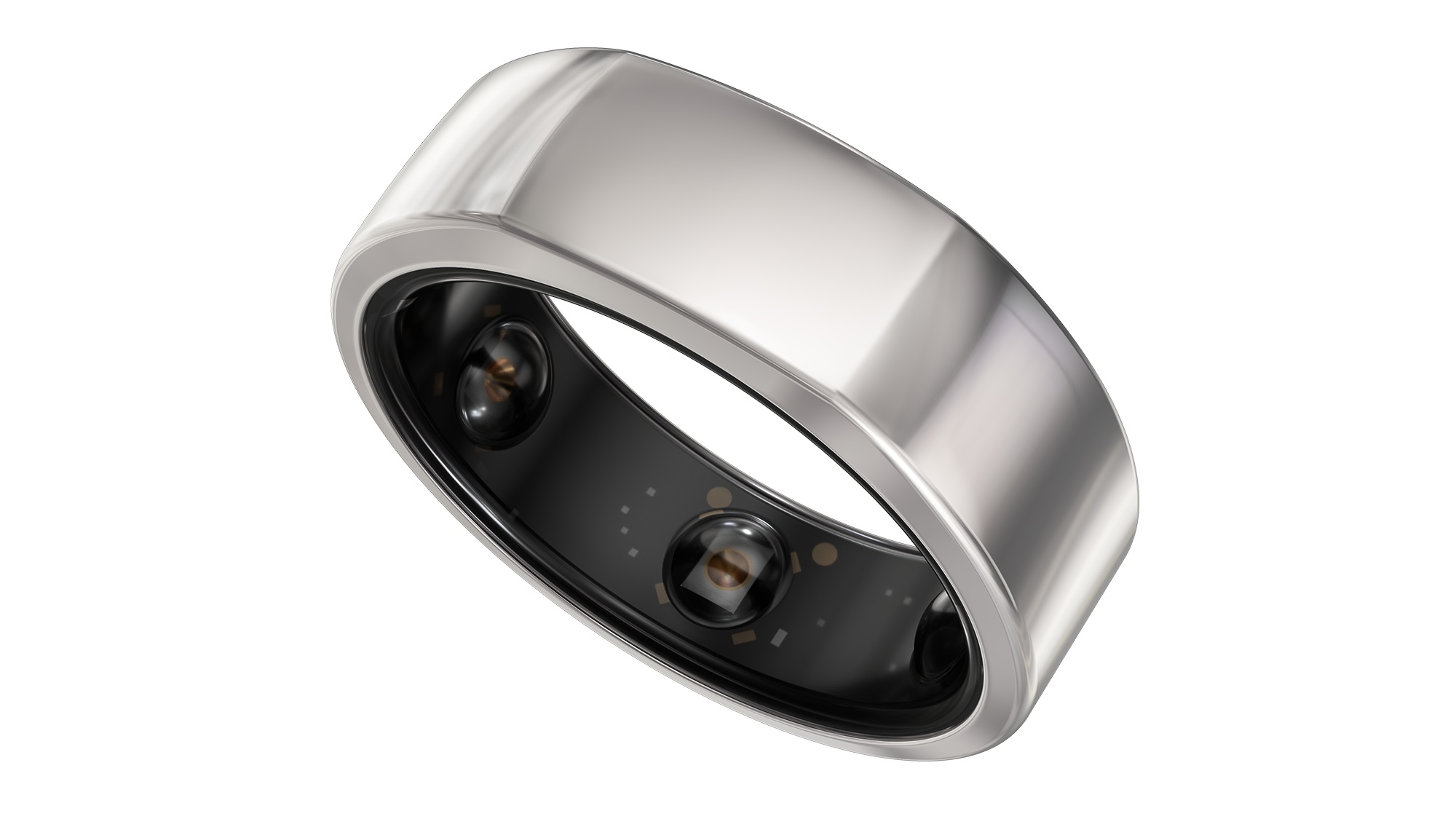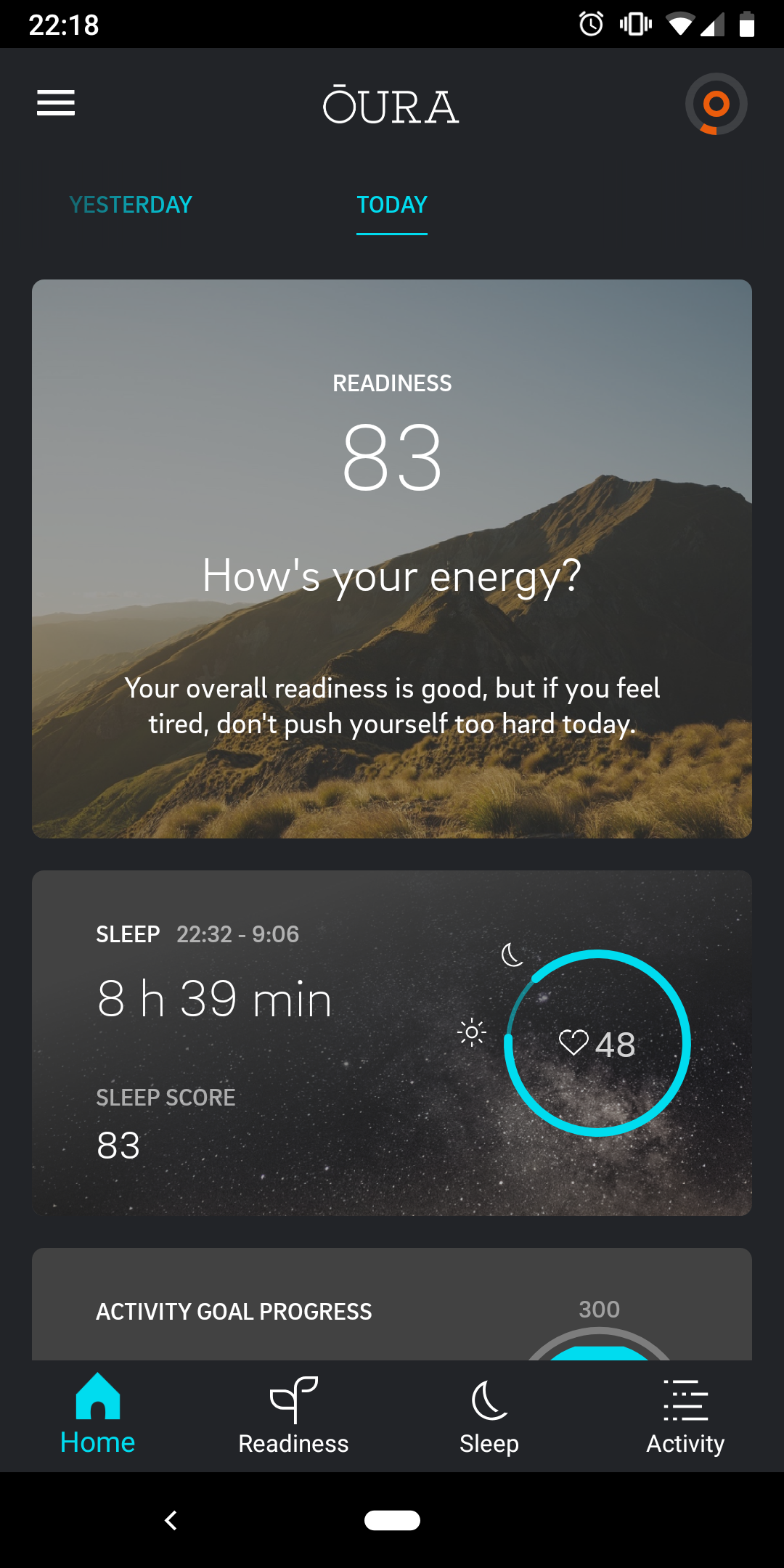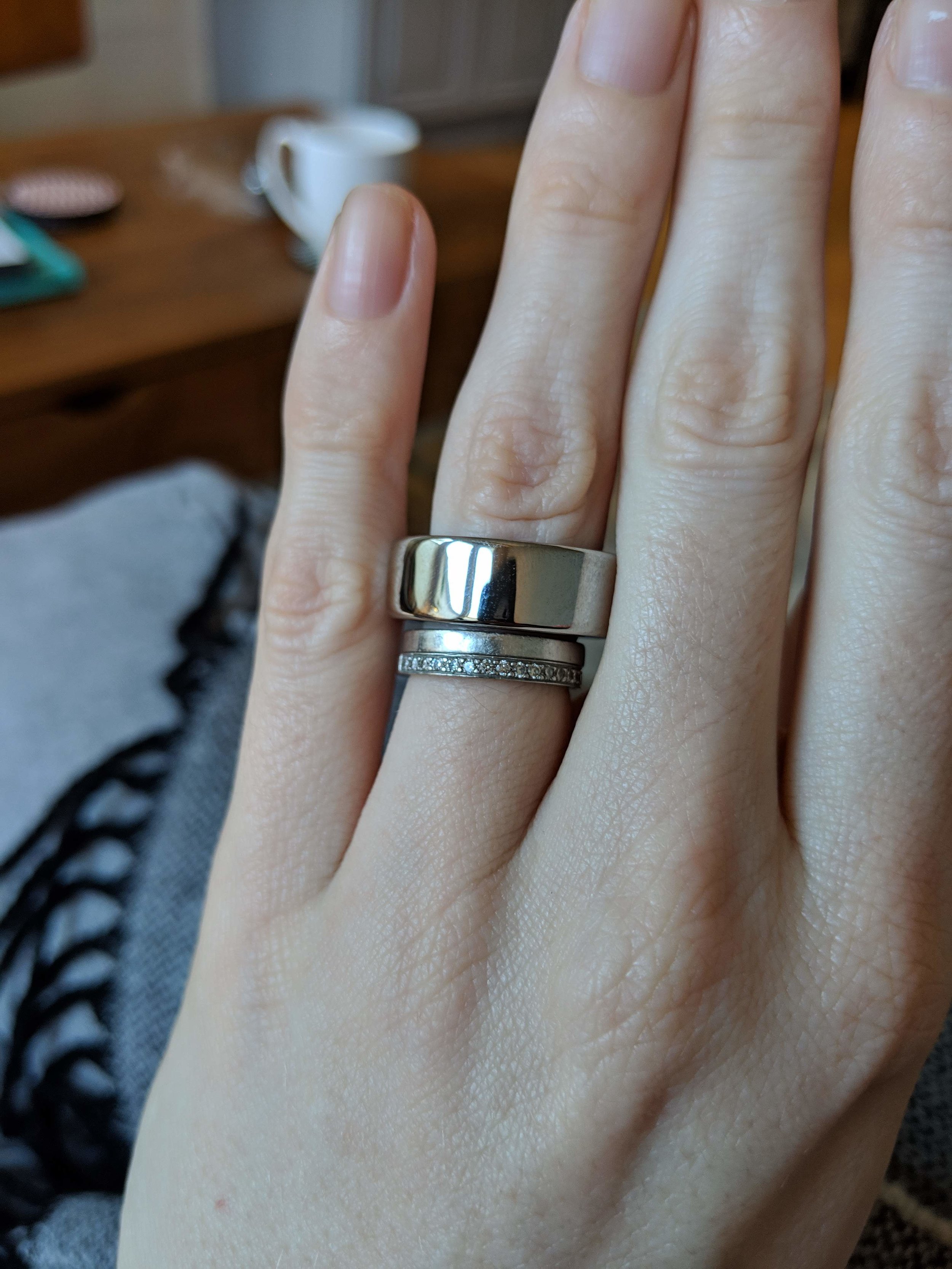Another day, another tracker. This time, I’ve got a ring for you.
I usually like to wait a couple of weeks before reviewing a tracker, but I’ve actually been wearing this one for nearly 3 months. It’s the Oura Smart Ring.
There’s been a few rings on the market before - some have notifications, some do steps, some do sleep, so let’s just run down specifically what this one does:
Tracks movement through a gyroscope and accelerometer
Measures body temperature
Reads your pulse
That’s the core of it - and honestly, that’s quite impressive for a device that no one will notice is a tracker unless you show them. Given these few pieces of data, the system extrapolates how well you are likely sleeping every night and gives you charts and summaries to inform you of why you might be feeling how you feel on any given day and then you can use this information to adjust your behaviours to perhaps improve your future performance.
It’s a bit of an odd duck, though. It’s focused solely around helping you to understand how well you sleep - it won’t tell you anything about your heart rate, for example, before and after exercise. You can only get data for sleeping periods. I wonder how much of that is an intentional product focusing by the company, or whether it’s actually a smart battery saver choice if it doesn’t have to be constantly tracking and reporting all of your bio-metrics throughout the day.
I’ve found it to drastically over-report on steps, so I wouldn’t recommend it as a replacement for another device that is focused on activity tracking, but it will give you enough of a general overview of how active you’ve been to at least consider it a factor in how well you rest later. I expect that the nature of having it on a hand (which, at least in my case, is a very animated part of the body) rather than a wrist or body tracker leads to the over-reporting.
It also has trouble connecting to my phone from time to time (over bluetooth, naturally) and some nights it just doesn’t bother to track me at all. It’s not clear to me if it’s moved to a position on my finger where it thinks I’m not wearing it at all, or if it’s having technical issues of some other kind on those nights.
The other irritating thing - and I make this critique of a lot of smart systems - is the way it tells me in a peppy tone that I’m going to have a truly wonderful, productive day, but in reality I woke up feeling like a truck ran me over. There’s no way to correct the system and “well, actually” it so that it can learn its expectations and your realities have not met one another. It almost makes me feel guilty some days that I haven’t met up to the high expectations that were set for me.
It’s definitely one of the most invisible devices I’ve ever worn. No one has asked “What’s that?” as they have done with other trackers I’ve worn. Folks have generally been impressed at how it just looks like normal jewelry. I had to buy the very smallest size ring the company offered, and it’s a tiny bit loose still but it’s comfortable enough. I do find that it’s a bit thick and it’s not something I would wear if it wasn’t “smart” (see the photo above comparing the Oura to my wedding bands).
If you’re interested, a word of warning: They’re not cheap and they’re not fast. A basic ring from Oura costs $299 and order-to-delivery took nearly 4 months for mine. I wouldn’t give it a strong S&S recommendation unless you really don’t like highly visible trackers but still want some of the data.






